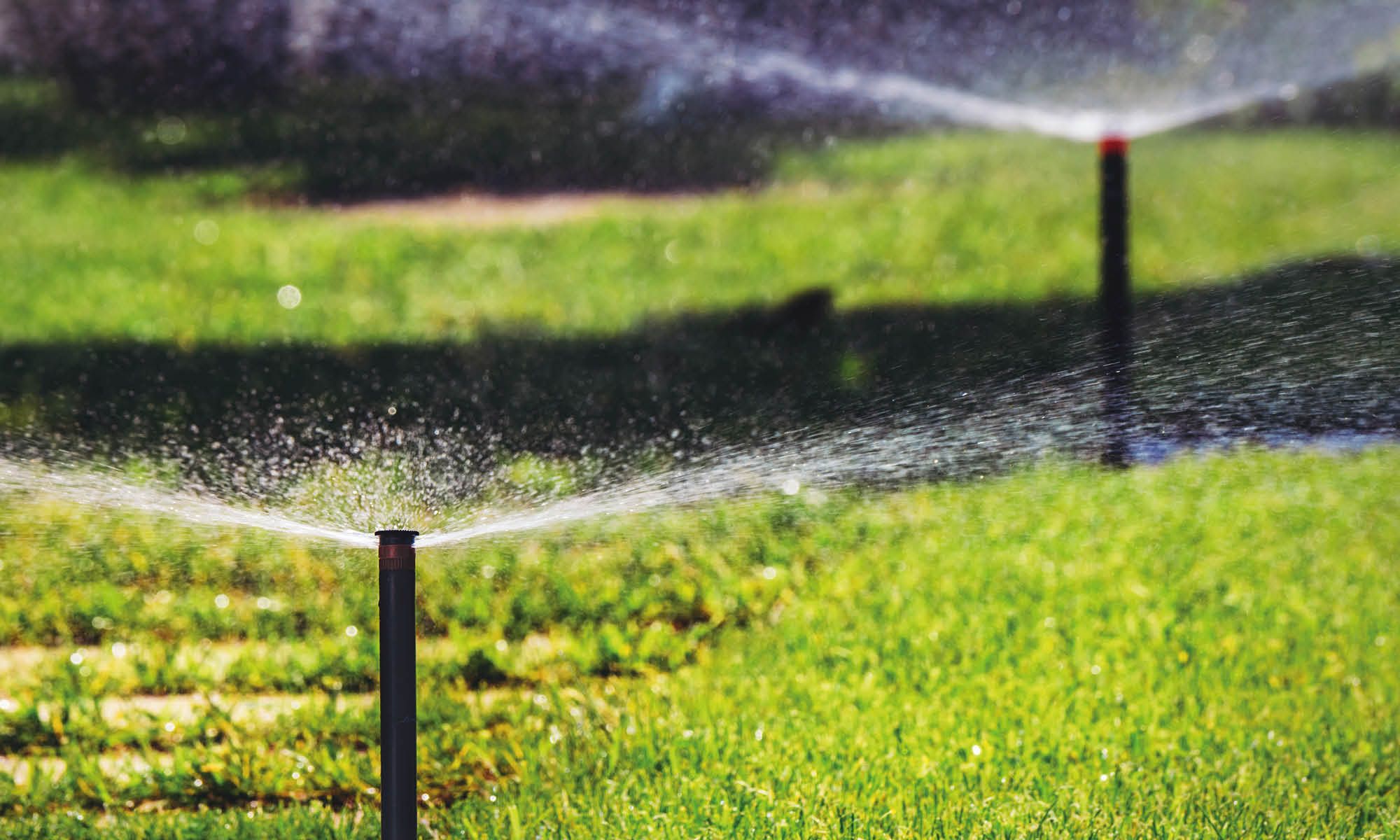
Green Plumbing Technologies: Innovations for a Sustainable Future
Share
In today's world, where environmental sustainability is becoming increasingly critical, green plumbing technologies are at the forefront of eco-friendly innovations. These technologies not only promise to revolutionize how we use water but also offer a pathway to significant energy savings and environmental conservation. For tech professionals and enthusiasts, understanding these advancements is crucial as they hold the potential to transform our daily lives and the planet.
As we delve into the realm of green plumbing technologies, it's essential to consider the impact these innovations have on water conservation and efficiency. With an increasing global population and the subsequent demand for water, integrating sustainable practices in plumbing is not just a choice but a necessity. From smart irrigation systems to eco-friendly filtration methods, the future of plumbing is greener than ever.

The Rise of Smart Plumbing Systems
One of the most exciting developments in green plumbing technologies is the advent of smart plumbing systems. These systems use advanced sensors and IoT technology to monitor water usage in real-time, providing homeowners and businesses with valuable insights into their water consumption patterns. By identifying leaks, overuse, and inefficiencies, smart plumbing helps reduce waste and save on water bills.
Moreover, smart plumbing systems can be integrated with home automation platforms, allowing for remote monitoring and control. This means users can adjust their water usage on-the-go, ensuring that they are not wasting precious resources. The integration of AI and machine learning further enhances these systems, enabling predictive maintenance and optimization of water usage.
Water-Saving Fixtures and Appliances
Another significant component of green plumbing technologies is the development of water-saving fixtures and appliances. From low-flow toilets and faucets to energy-efficient dishwashers and washing machines, these technologies are designed to minimize water usage without compromising performance.
For instance, low-flow toilets use significantly less water per flush compared to traditional models, leading to substantial savings over time. Similarly, modern dishwashers are engineered to use minimal water while ensuring optimal cleaning power. These innovations not only reduce water consumption but also lower energy bills, making them an attractive choice for environmentally conscious homeowners.
Rainwater Harvesting and Greywater Recycling
Rainwater harvesting and greywater recycling are two innovative approaches in green plumbing technologies that focus on reusing water. Rainwater harvesting involves collecting and storing rainwater for non-potable uses such as irrigation, toilet flushing, and car washing. This practice significantly reduces the demand on municipal water supplies and is a sustainable solution for water-scarce regions.
Rainwater storage systems are becoming increasingly popular, offering a cost-effective way to utilize natural resources. On the other hand, greywater recycling involves treating and reusing wastewater from sinks, showers, and laundry for non-potable purposes. This technology not only conserves water but also reduces the load on sewage treatment facilities, leading to a more sustainable urban infrastructure.
Innovative Filtration Systems
As concerns over water quality continue to rise, innovative filtration systems have become a crucial aspect of green plumbing technologies. These systems are designed to remove contaminants from water, ensuring it is safe for consumption. Modern filtration technologies, such as reverse osmosis and ultraviolet purification, offer efficient solutions for both residential and commercial applications.
Additionally, eco-friendly filtration systems are designed to minimize water waste during the purification process. By adopting these technologies, individuals and businesses can ensure access to clean drinking water while contributing to environmental conservation.
For more insights into eco-friendly water solutions, you can explore eco-water filtration systems and their impact on sustainability.

FAQs on Green Plumbing Technologies
What are the benefits of green plumbing technologies?
Green plumbing technologies offer numerous benefits, including water conservation, reduced energy consumption, lower utility bills, and a smaller carbon footprint. These technologies also contribute to environmental sustainability by minimizing waste and promoting efficient resource use.
How do smart plumbing systems work?
Smart plumbing systems utilize sensors and IoT technology to monitor water usage in real-time. They provide insights into consumption patterns, detect leaks, and allow for remote control via home automation platforms. This helps reduce water waste and optimize usage.
Are green plumbing technologies cost-effective?
While the initial investment in green plumbing technologies may be higher, the long-term savings on water bills and energy costs make them a cost-effective choice. Additionally, many regions offer incentives and rebates for adopting sustainable plumbing solutions, further enhancing their affordability.
As we continue to explore and implement green plumbing technologies, the potential for a more sustainable future becomes increasingly tangible. By embracing these innovations, tech professionals and enthusiasts can play a pivotal role in shaping a greener world for generations to come. For more information on how businesses can save water, visit this link.
External resources like water conservation tips provide additional strategies for conserving water at home and in the workplace.
